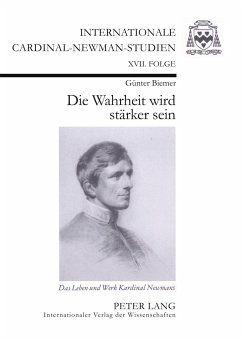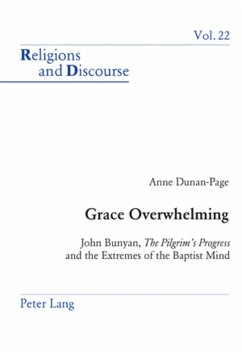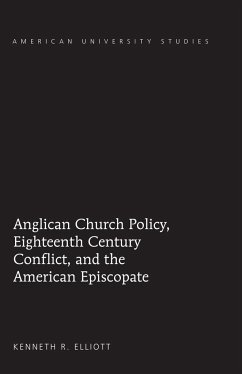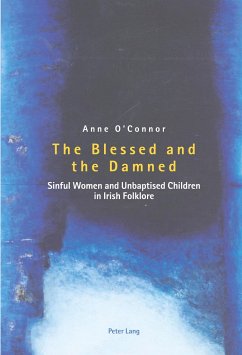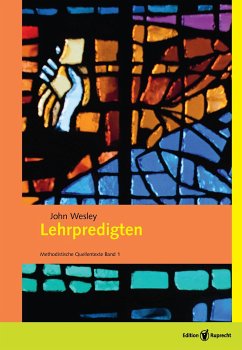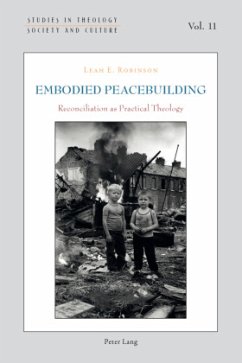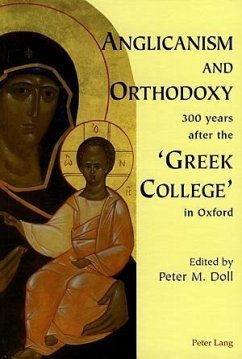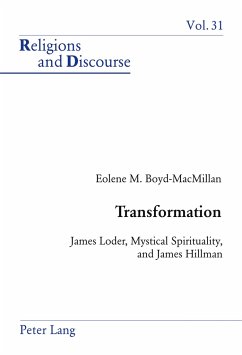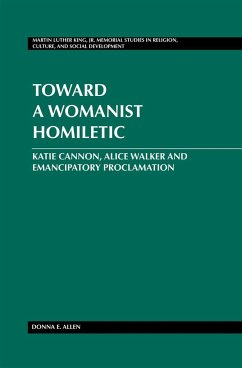
From Pulpit to Fiction
Sermonic Texts and Fictive Transformations
Versandkostenfrei!
Versandfertig in 6-10 Tagen
67,55 €
inkl. MwSt.

PAYBACK Punkte
0 °P sammeln!
This book examines the authority and power of a "sermonic text" through its fictive qualities. The author argues that a sermonic text functions in the manner of a work of fiction and creates an event and space that forces a decision upon the reader. The text creates a place where the Kingdom of God is about to happen and is happening. Consequently, the reader is forced to make a decision. Will he or she "go and do likewise", or reject the Kingdom of God? In this way, a sermonic text acts like a work of fiction and invites a reader into its space and event. If the reader of the sermonic text ch...
This book examines the authority and power of a "sermonic text" through its fictive qualities. The author argues that a sermonic text functions in the manner of a work of fiction and creates an event and space that forces a decision upon the reader. The text creates a place where the Kingdom of God is about to happen and is happening. Consequently, the reader is forced to make a decision. Will he or she "go and do likewise", or reject the Kingdom of God? In this way, a sermonic text acts like a work of fiction and invites a reader into its space and event. If the reader of the sermonic text chooses temporally to enter the event of the text, the reader has the potential to participate in its dynamics and is forced to make a decision either to believe or not believe. Like a work of fiction, it does not require those external guarantees of authority that are found in the community of faith: its doctrines, creeds and ecclesiology. Rather, the authority of the sermonic text is intrinsic as in a work of fiction and stands on its own. The discussion is interdisciplinary, drawing upon literary theory, cultural theory and theology.





